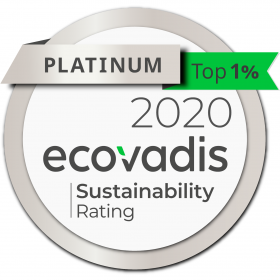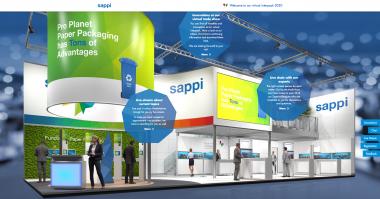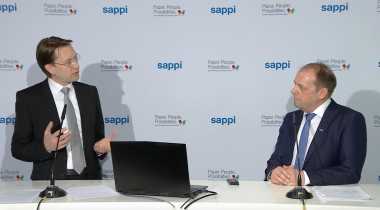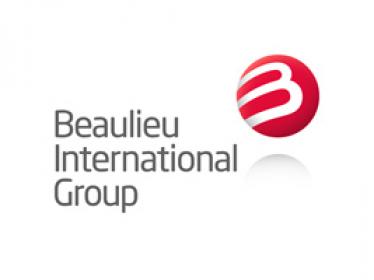Starting market and technology study on the Potential for bio-based composite materials
Sustainability and environmental responsibility are important developments for the current design of productions and products. In order to obtain a comprehensive evaluation of the potential of bio-based composites, the AZL, together with an industry consortium, is investigating the market potential, future applications and relevant technologies for bio-based composite materials. The 5-month market and technology study will start on October 22nd, 2020 and is open to interested companies. Companies such as REHAU, an Automotive Tier 1, Asahi Kasei, Johns Manville, Mahr Metering Systems and several material manufacturers are participating in the study.
Bio-plastics are well established in industry, especially in packaging applications. The market for biopolymers is expected to grow from USD 10.5 billion in 2020 to USD 27.9 billion in 2025. At the same time, bio-based raw materials, such as natural fibers, are available on the market in a cost-effective manner. Composites with wood or natural fiber content are also increasingly used in products.
Dr. Michael Emonts, Managing Partner of AZL: "Together with our partner companies we want to identify hidden business potential for composites with bio-based materials. To do so, we will reapply our established approach for market and technology studies: Based on a detailed market analysis, we will dive deep into the technological evaluation of technologies, applications and business cases.”
Based on a detailed market segmentation, AZL's technology experts analyze the various market segments in terms of their size, growth potential, relevant players and existing and future applications. For the identified applications, the participants in the study will receive detailed insight into the respective technical and legal requirements as well as an overview of value chains, processes and materials. In the following, the strengths and challenges of bio-composites compared to conventional materials are elaborated. The consortium will select the components with the highest potential, for which suitable production scenarios will be developed and analyzed in terms of costs in a business case analysis.
"We are participating in the AZL study to identify and evaluate new product areas with bio-materials. The technological analyses of the AZL studies have already helped us in the past to initiate new developments," says Dr. Steven Schmidt, Director Technology Platforms Materials at REHAU, explaining the motivation for working with the AZL and the industry consortium. "As one of the 50 Sustainability & Climate Leaders, we at REHAU are incorporating environmentally friendly materials into more and more products. Wherever the company is active - from the furniture and construction industries to the automotive industry - REHAU is already developing and manufacturing high-quality products from recycled raw materials. By 2025, REHAU plans to increase its recycling rate across the Group to significantly more than 15 percent and at the same time reduce CO2 emissions by at least 30 percent," adds Dr. Steven Schmidt.
Bio-composites will also be the topic of the upcoming Lightweight TechTalk by AZL on September 29, 2020. Experts from industry and academia will give technology and market insights on sustainability and recycling of composites in 6 presentations. Registration is free of charge at: https://azl-aachen-gmbh.de/termine/recycling-of-composites/.
The kick-off of the project will take place on October 22nd, 2020 in the form of a video conference. Further background information on the project can be found under the following link: https://azl-aachen-gmbh.de/wp-content/uploads/2020/09/2020-251_OP_Bio-Bases_Composites.pdf
AZL Aachen GmbH









































